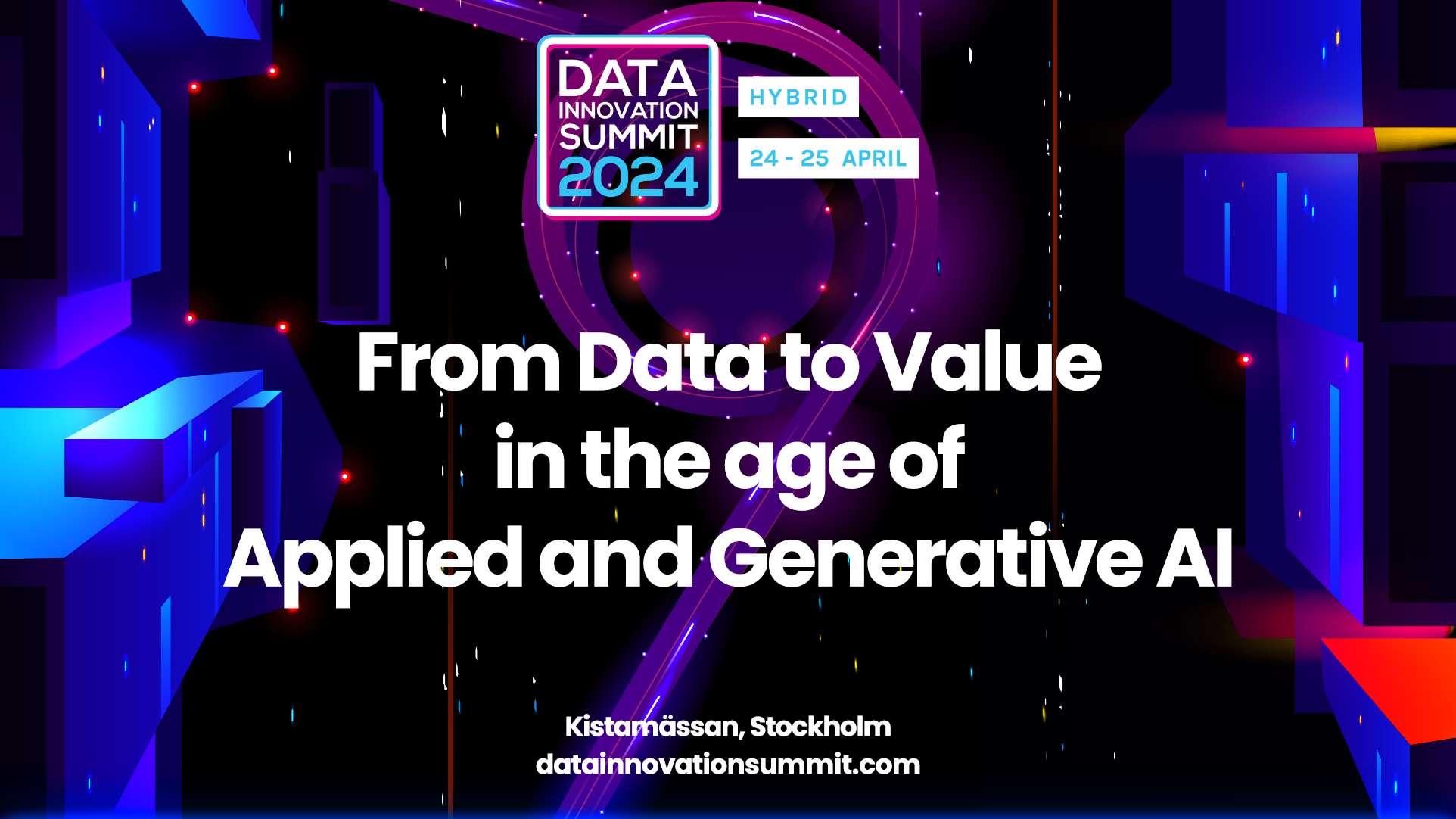Session Outline
Crafting a robust AI strategy isn’t just about leveraging buzzwords; it requires a meticulous orchestration that aligns with a clear vision. Defining the path forward involves more than merely labeling activities as strategic. It’s about steering these initiatives towards both a purposeful and structured approach that delivers tangible business value. Strategy encapsulates the understanding of possible logic to reach a goal, designing a plan within that logic and constantly adjusting parameters according to the evolving reality. An AI strategy is about navigating the «fog of war», and designing scenarios to logically steer towards a goal. A precondition is a clearly defined goal, build around a clear reasoning, eg. Why data-driven? Why AI? Any Data & AI Strategy should encapsulate the core essentials:
- Data Focus. Identifying crucial data, minimizing costs, risks, and time by concentrating on pertinent information that drives business objectives.
- Sourcing Strategy. Establishing protocols for collecting, curating, and structuring data for AI models. Ensuring secure external data sharing and integration into core business operations.
- Value Extraction. Defining how AI enhances safety, improves operations, and secures assets, ensuring that data and AI tools are aligned with business value creation.
- Trust in AI. Outlining technological requisites, aligning tools with value creation, and providing an architectural basis that translates business vision into future-state models.
- People & Competency. Identifying requisite skills to extract value from AI initiatives and fostering an understanding of data-driven value creation.
- Data Governance. Steering decision-making processes concerning data, defining expected behaviors, and ensuring compliance with data-related protocols.
By establishing such a framework, your strategy gains solidity. Remember, a successful AI strategy isn’t merely about planning; it’s about embracing uncertainty, taking calculated risks, and constantly evolving. It’s the fusion of vision, adaptability, and structured planning that propels organizations towards the realization of their AI ambitions, while continuously aligning with the ever-changing landscape of data and technology.
During an on-site interview at the summit, we had the pleasure of speaking with Winfried. Winfried shares his thoughts on participating in such a prestigious event. He elaborates on the importance of knowledge-sharing among data and AI practitioners. The individuals who are instrumental in driving real-world outcomes.
